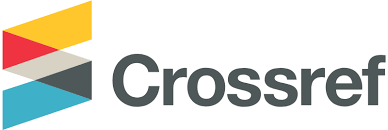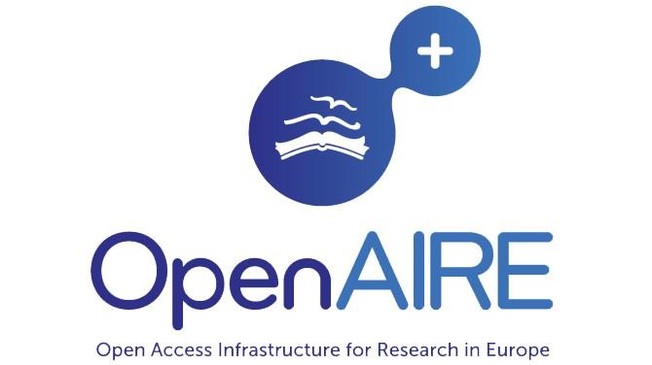ANALISIS MODEL PEMBELAJARAN STEM-PROJECT BASED LEARNING TERHADAP SELF-EFFICACY PADA MATERI FLUIDA STATIS
DOI:
https://doi.org/10.21009/03.1102.PF35Abstract
Abstrak
Berdasarkan hasil studi Programme for International Student Assessment (PISA) menunjukkan bahwa sikap percaya diri akan kemampuannya atau Self Efficacy peserta didik Indonesia berada pada posisi di bawah rata-rata. Dengan adanya permasalahan tersebut maka diperlukan sebuah model pembelajaran yang dapat mempengaruhi self efficacy peserta didik. Penelitian ini bertujuan untuk menganalisis model pembelajaran STEM-Project Based Learning terhadap self-efficacy pada materi fluida statis menggunakan VOSviewer. Metode yang dilakukan adalah metode analisis bibliometrik dengan mengumpulkan beberapa artikel dari jurnal ilmiah, baik nasional maupun internasional. Artikel yang sudah terkumpul kemudian dianalisis menggunakan VOSviewer. Hasil penelitian ini menunjukkan analisis penggunaan model pembelajaran STEM-Project Based Learning terhadap Self Efficacy pada materi fluida statis.
Kata-kata kunci: Self-efficacy, STEM-Project Based Learning, Model pembelajaran
Abstract
Based on the results of the Program for International Student Assessment (PISA) study, it shows that the self-confidence of Indonesian students is in a position below the average. With these problems, a learning model is needed that can affect the self-efficacy of students. This study aims to analyze the STEM-Project Based Learning model of self-efficacy in static fluid materials using VOSviewer. The method used is the bibliometric analysis method by collecting several articles from scientific journals, both national and international. The articles that have been collected are then analyzed using VOSviewer. The results of this study indicate the analysis of the use of the STEM-Project Based Learning method on Self Efficacy on static fluid materials.
Keywords: Self-efficacy, STEM-Project Based Learning, Learning Model
References
[2] R. Muñoz, Lauren, “Graduate student self-efficacy: Implications of a concept analysis,” Journal of Professional Nursing, vol. 37, no. 1, pp. 112-121, 2021.
[3] A. Bandura, “Self-efficacy: Toward a unifying theory of behavioral change,” Psychological review, vol. 84, no. 2, pp. 191-215, 1977.
[4] J. E. Gothberg, L. Y. Peterson, M. Peak, J. M. Sedaghat, “Successful transition of students with disabilities to 21st-century college and careers: Using triangulation and gap analysis to address nonacademic skills,” Teaching Exceptional Children, vol. 47, no. 6, pp. 344-351, 2015.
[5] B. J. Zimmerman, “Self-efficacy and educational development,” Self-efficacy in changing societies, Cambridge University Press, vol. 1, no. 1, pp. 202-231,1995.
[6] Myran, Steve Paul, Paul John Sylvester, “Community College Workforce Development and Student Self-Efficacy,” Community College Journal of Research and Practice, vol. 45, no. 8, pp. 590-607, 2021.
[7] D. J. Shernoff, S. Sinha, D. M. Bressler, L. Ginsburg, “Assessing teacher education and professional development needs for the implementation of integrated approaches to STEM education,” International Journal of STEM Education, vol. 4, no. 1, p. 13, 2017.
[8] Warsono, Hariyanto, “Pembelajaran Aktif Teori dan Asesmen,” Bandung : PT. Remaja Rosdakarya, 2012.
[9] M. Syukri, D. A. Yanti, E. Mahzum, A. Hamid, “Development of a PjBL Model Learning Program Plan based on a STEM Approach to Improve Students’ Science Process Skills,” Jurnal Penelitian Pendidikan IPA, vol. 7, no. 2, p. 269, 2021
[10] B. J. S. Barron, D. L. Schwartz, N. J. Vye, A. John, A. Petrosino, L. Zech, “The Cognition and Technology Group at Vanderbilt, Doing with understanding: Lessons from research on problem- and project-based learning,” The Journal of the Learning Sciences, vol. 7, pp. 271-311, 1998.




